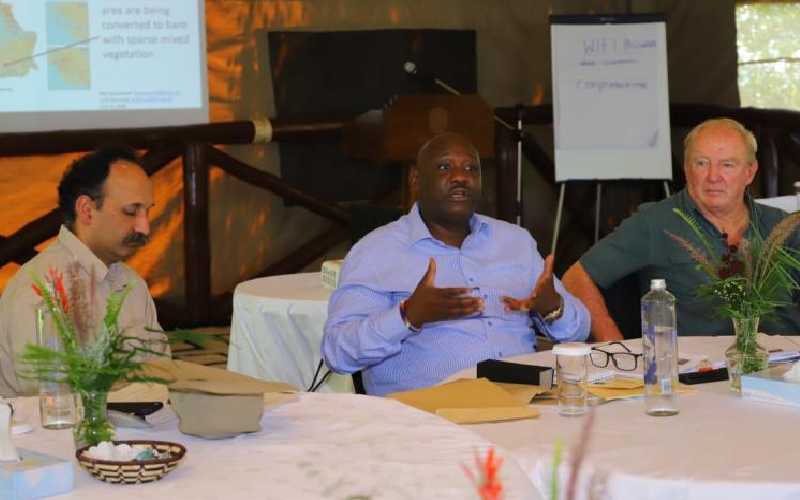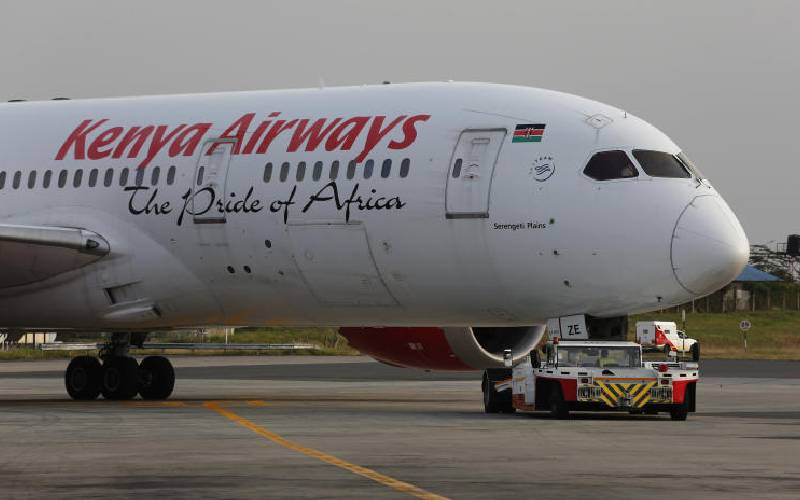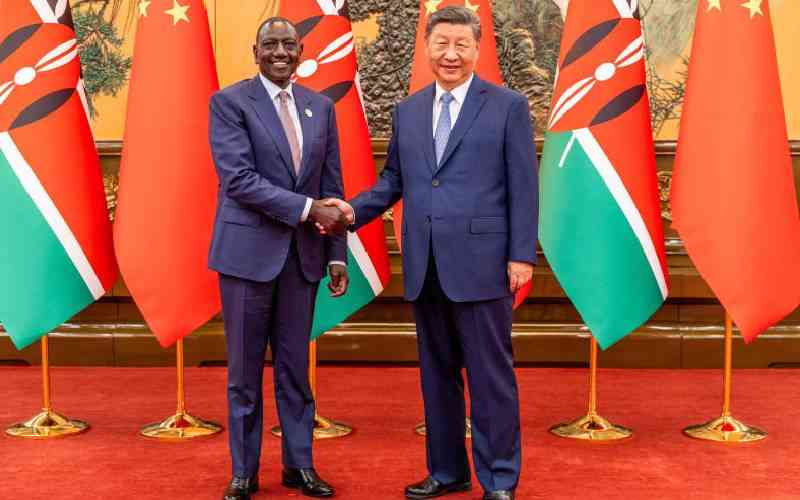×
The Standard e-Paper
Smart Minds Choose Us

Narok Governor Samuel Tunai with Brian Heath, CEO Mara Conservancy during the Greater Serengeti Society meeting at Mara Serena, Masai Mara on Saturday. [Courtesy]
Kenya and Tanzania will conduct a joint cross-border count of rhinos and other large mammals in the shared Mara-Serengeti ecosystem.







